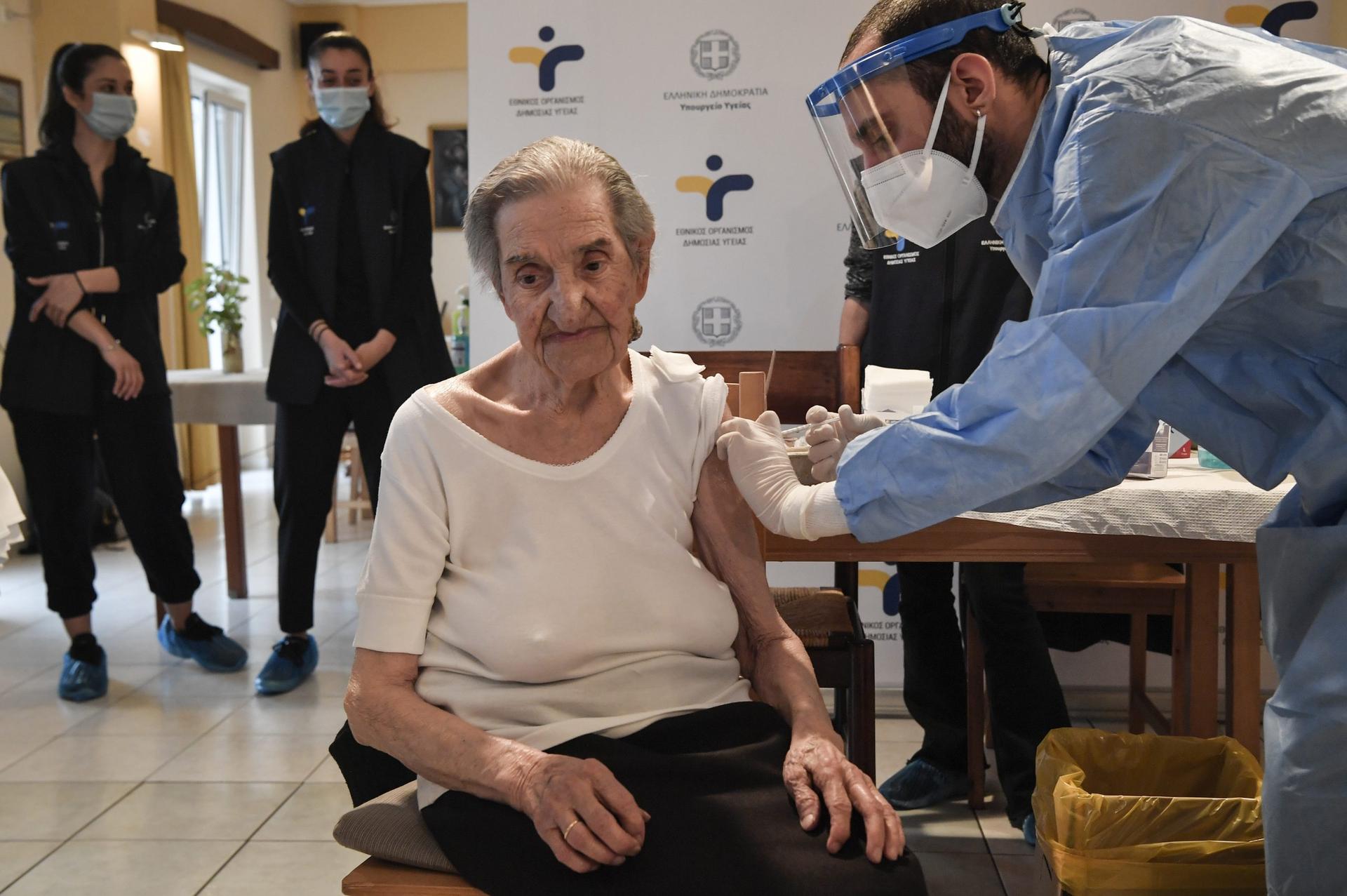This weekend, the world is surrounded by relationships. From the 2021 Olympic Games to the World Day of Grandparents and the Elderly, the human family is reminded that we are blessed and bound to each other.
This is a state of affairs where the Christian faith can shine, since Christian believers are called to take upon themselves the task of being a true brother or sister to every human being. Worshipping God who became a man, we see God’s love and splendor expressed in each person. We acknowledge the dignity of all. We offer open hearts to everyone, no matter whom they may be. In the Church’s social doctrine, this task is called solidarity.
While every Christian believer is summoned to be an exemplar of solidarity, it is not the sole province of the Christian faith. Solidarity is a call to every human heart. All of God’s children – even those who do not acknowledge him – have a call to love others placed within their hearts. It is a beckoning to unity, not division.
This weekend is all about solidarity.
The Catechism of the Catholic Church defines solidarity as the principle by which human beings are called to friendship and social charity with one another. It is “a direct demand of human and Christian brotherhood.” Solidarity sees no one as an “outsider.” It labors for social tranquility and a more just society for all.
As soon as we speak of solidarity, however, we have to mention its twin, the principle of subsidiarity. This is the principle that allows us to understand the many circles of relationships (and responsibilities) to which we all belong. It begins with our own dignity and then, for most, it moves to their spouse, then their family, extended family, neighborhood, workplace, and all the way up to being a citizen of a nation, and so a member of a community of nations and a member of the extensive human family.
It is the interaction and dynamism between solidarity and subsidiarity that allow us to watch the Olympic Parade of Nations and legitimately know, “I’m a part of this,” as we can also visit our grandparents, older parents, or elderly members of our extended family and simultaneously feel, “I’m a part of this.” And such concurrent feelings are not based on misplaced idealism or emotional exaggerations. Both feelings are based on truth. We legitimately belong to both.
Solidarity and subsidiarity help us to think and act on both a global and local scale at the same time. They balance each other and allow us to give what we can, stop when we need to, and push ourselves through both. We cannot have only one of these principles, otherwise we would be incomplete as human beings. To deny our global identity, or neglect our local relationships, would be to divide our hearts and exist in a state of constant displacement.
As human beings, we need both solidarity and subsidiarity.
With subsidiarity in mind, we can fully celebrate solidarity this weekend and experience for ourselves some joy and encouragement. We need to let ourselves feel connected with others. As human beings, made in the image of a Triune God, we are hardwired to love and be loved.
And so, we need to watch some of the global Olympics and be reminded of the unity that is possible within the human family, as we also need to break out of our own bubble and give a call or make a visit to our grandparents, or other older people. We need to remind ourselves that we are not alone. We are a part of this amazing world. We belong to a neighborhood and local community. We belong to a family. We are a part of an intricate network of relationships and responsibilities that define us and help us all to experience the wonder of being human and of being existentially connected with one another.
With pandemic restrictions going and coming back, with a sense of isolation and loneliness on the rise, our world and our hearts need the reminder of solidarity. This weekend, that reminder is given to us in colorful display in the Olympics and in heartfelt warmth in the older members of our families. This is the world. This is our family. This is us.















